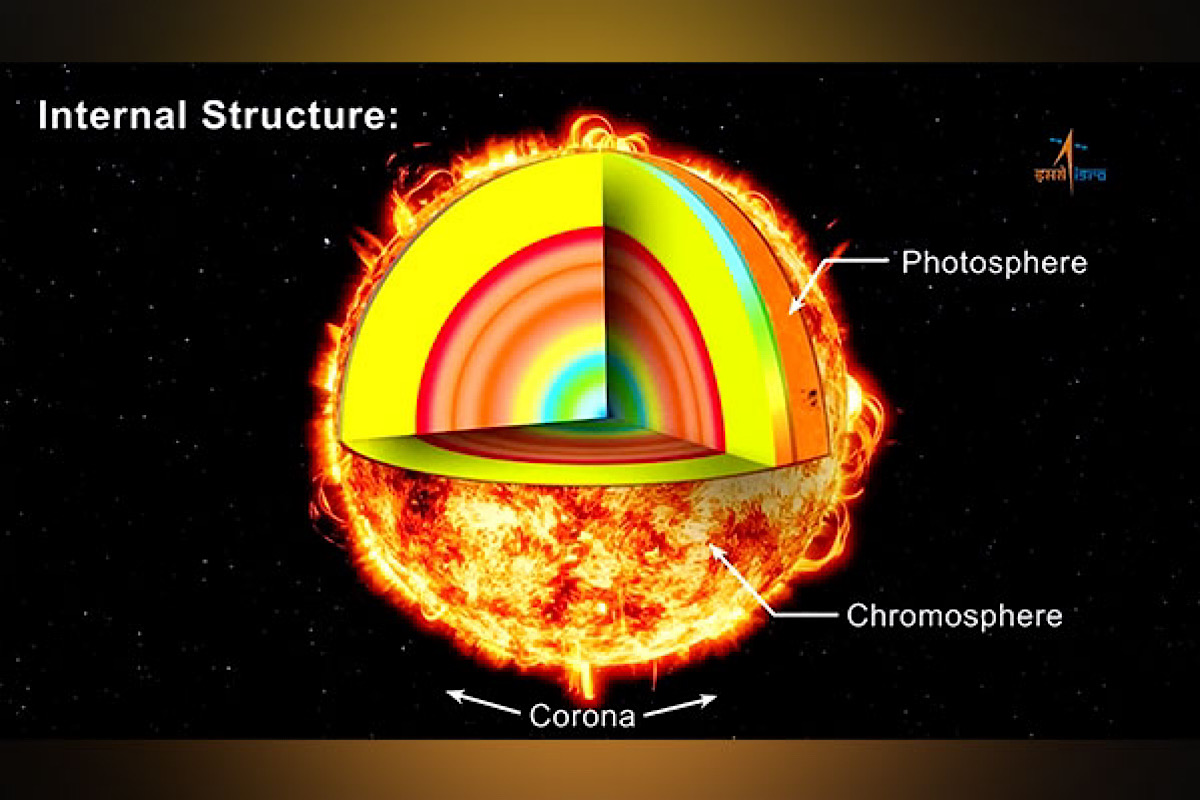Indian Space Research Organisation (ISRO) on Saturday informed that the Aditya-L1 spacecraft has successfully escaped the sphere of Earth’s influence adding that it is now navigating its path towards the Sun-Earth Lagrange Point 1 (L1).
Taking to X (former Twitter), ISRO said, “The spacecraft has travelled beyond a distance of 9.2 lakh kilometres from Earth, successfully escaping the sphere of Earth’s influence. It is now navigating its path towards the Sun-Earth Lagrange Point 1 (L1).”
ISRO further stated that it is the second time in succession that the space agency could send a spacecraft outside the sphere of influence of the Earth with the first time being the Mars Orbiter Mission (Mangalyaan).
Advertisement
The PSLV-C57.1 rocket carrying the Aditya-L1 orbiter lifted off successfully from the Satish Dhawan Space Centre in Sriharikota, Andhra Pradesh on September 2.
The successful launch of the maiden solar mission of the Indian Space Research Organisation (ISRO) came on the heels of the historic lunar landing mission — Chandrayaan-3.
According to the agency, the Aditya-L1 mission is expected to reach the observation point in four months. It will be placed in a halo orbit around Lagrangian Point 1 (or L1), which is 1.5 million km away from the Earth in the direction of the sun.
It will carry seven different payloads to have a detailed study of the sun, four of which will observe the light from the sun and the other three will measure in-situ parameters of the plasma and magnetic fields.
Major objectives of India’s solar mission include the study of the physics of solar corona and its heating mechanism, the solar wind acceleration, coupling and dynamics of the solar atmosphere, solar wind distribution and temperature anisotropy, and origin of Coronal Mass Ejections (CME) and flares and near-earth space weather.
